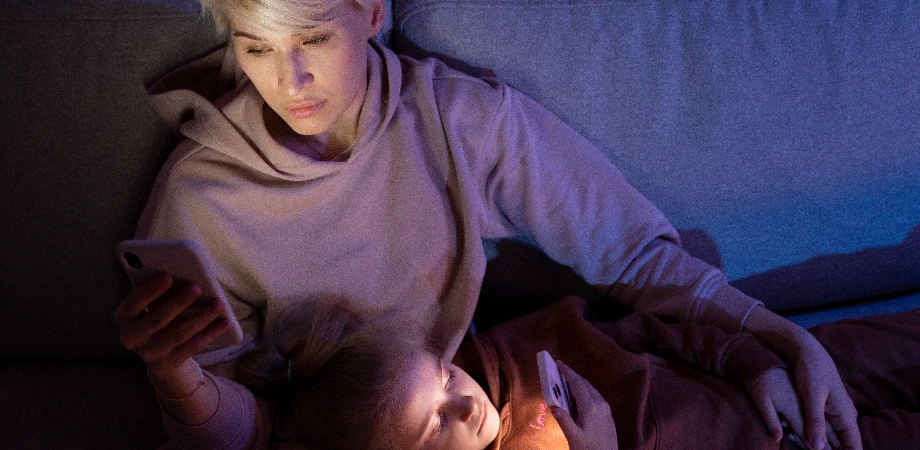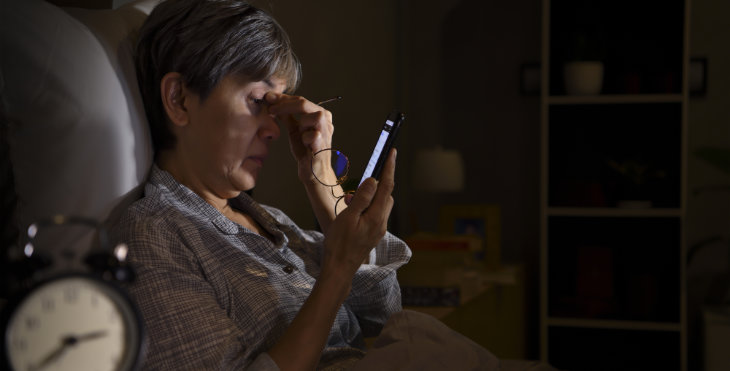When the clinic doors close and the lights dim, patients don’t stop needing care. Questions about new prescriptions, unexpected symptoms, or post-procedure concerns don’t follow office hours. Yet, many healthcare organizations still struggle to maintain consistent, compassionate communication once the day ends.
That’s where an
after hours answering service becomes more than a convenience — it becomes an extension of the practice’s reliability and professionalism.
The Reality of Healthcare After 5 p.m.
In today’s healthcare environment, the workday doesn’t really end. Physicians, nurses, and administrators already balance packed schedules and rising patient expectations. After hours, when front-desk staff have gone home, the communication load doesn’t disappear — it shifts.
Patients who call at night aren’t just looking for reassurance; they’re often navigating worry. A patient recovering from surgery may have new swelling. A parent might notice a sudden reaction in their child. Without a live voice on the other end, small concerns can turn into unnecessary ER visits or anxiety-filled nights.
Every unanswered call is a missed opportunity to serve, guide, and retain trust.
The Hidden Cost of Missed Calls
While most practices focus on daytime operations,
after-hours communication gaps can quietly damage reputation and patient relationships. When calls go unanswered or are routed to voicemail, frustration builds. In competitive markets, that frustration can quickly lead patients to seek another provider who “feels more available.”
Beyond patient satisfaction, there’s also a
financial impact. Missed after-hours calls can mean lost appointments, delayed follow-ups, or unbilled triage consults. Over time, these small gaps compound into measurable revenue loss — all because no one was there to pick up the phone.
The Rise of Smarter After-Hours Solutions
Fortunately, modern technology and specialized staffing have made around-the-clock communication easier than ever. Practices are no longer limited to generic call centers that simply take messages. Today’s healthcare answering services are
trained extensions of clinical teams, capable of triaging messages, prioritizing urgent calls, and routing information securely to on-call providers.
A
24 hours answering service bridges the space between patient needs and provider availability. It ensures that calls are answered promptly, messages are accurate, and information reaches the right clinician before delays become emergencies.
What Makes It Different from a Regular Call Center
At first glance, an answering service might sound like a simple message-taking operation. But in healthcare, it’s much more.
A dedicated after-hours medical answering team understands:
- Urgency hierarchy – Distinguishing between routine questions and potential emergencies.
- On-call scheduling – Routing calls to the right provider, even as rotations change weekly.
- Confidentiality protocols – Handling every patient message with HIPAA-compliant security.
- Tone and empathy – Communicating reassurance when patients are at their most vulnerable.
Unlike a standard operator, a trained medical agent knows when to escalate a situation and when to log and forward details calmly. The difference isn’t just in words — it’s in judgment.
How It Supports Staff and Prevents Burnout
Healthcare burnout isn’t confined to hospitals. Independent practices and clinics feel it too. When providers carry the weight of constant accessibility, the line between professional and personal life blurs.
An
after hours answering service helps restore that balance. By screening calls, forwarding only those requiring immediate attention, and logging the rest for the next morning, clinicians regain peace of mind without sacrificing patient care.
It’s the quiet kind of support that keeps providers fresh, responsive, and ready when true emergencies arise.
The Patient Experience Factor
When patients know they can reach a live, knowledgeable person after hours, confidence grows. That reliability becomes part of a clinic’s identity — not an add-on, but a standard of care.
This small detail often appears in patient reviews, shaping public perception. “Someone answered my call at 10 p.m.” might not sound remarkable, but to patients, it’s the difference between feeling ignored and feeling cared for.
Real-World Results from Responsive Communication
Practices that implement consistent after-hours coverage report fewer unnecessary ER visits, smoother appointment scheduling, and better continuity of care.
One family medicine group in Arizona noticed a
23% drop in after-hours emergency visits within three months of adopting professional answering coverage. Another specialty clinic found that recorded follow-up messages led to
higher patient retention — a direct result of consistent, human interaction outside of normal office hours.
These numbers point to something bigger: when communication improves, trust naturally follows.
Technology Meets Empathy
Today’s answering solutions use intelligent call routing, encrypted message systems, and real-time dashboards to keep staff informed. But at the core, it’s still about human connection. Technology amplifies reliability — not replaces compassion.
That’s the balance modern practices strive for: efficiency paired with empathy, automation guided by human touch.
Choosing the Right Partner
Not all answering services are built for healthcare. The best providers offer industry-specific training, bilingual support, customizable scripts, and flexible integration with your existing systems. They act as an extension of your brand voice — consistent, calm, and professional.
When evaluating a partner, look for:
- Proven healthcare expertise
- HIPAA compliance
- Secure digital messaging
- Real-time escalation options
- Transparent reporting and analytics
A strong communication partner doesn’t just take calls; they protect your reputation and your patients’ trust.
The Takeaway
Patients deserve care that extends beyond the clock. Whether it’s a worried parent calling late at night or a specialist needing quick coordination, communication shouldn’t stop when office hours do.
That’s why an
after hours answering service isn’t just a convenience — it’s a promise of consistency, professionalism, and care. In healthcare, being there when it matters most often starts with something as simple as answering the phone.


